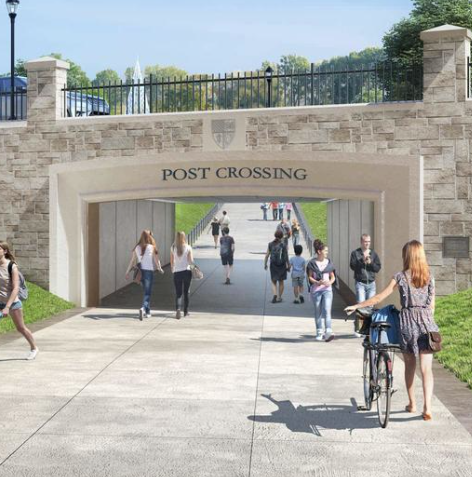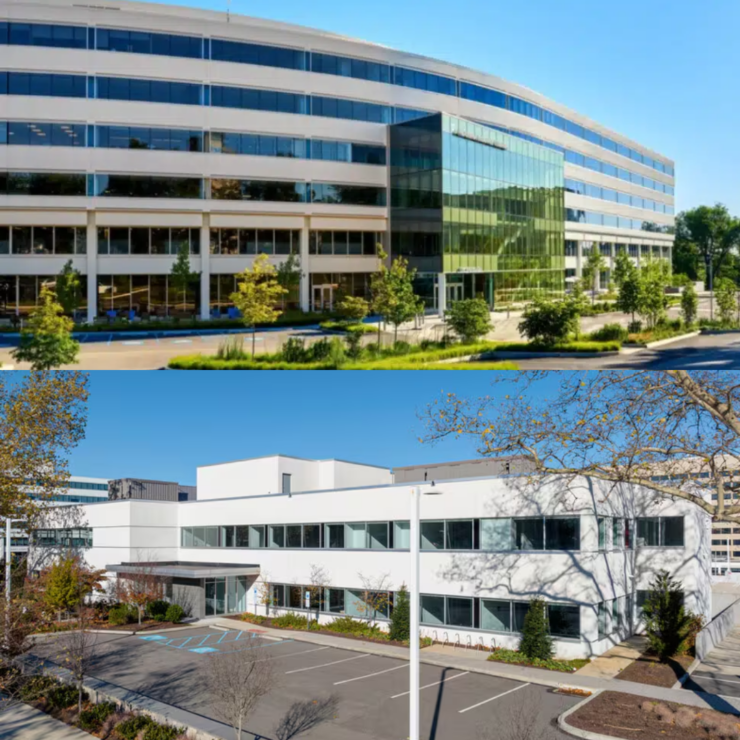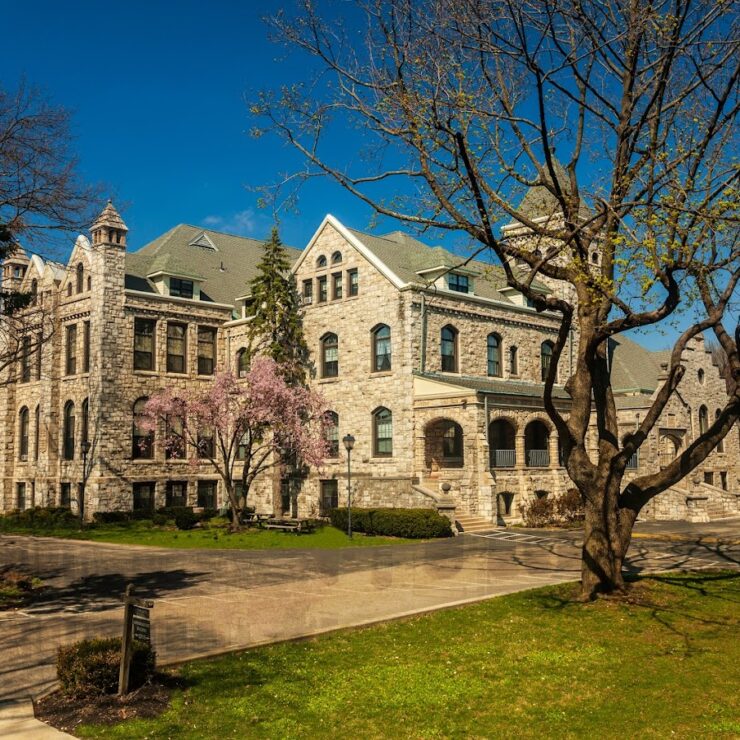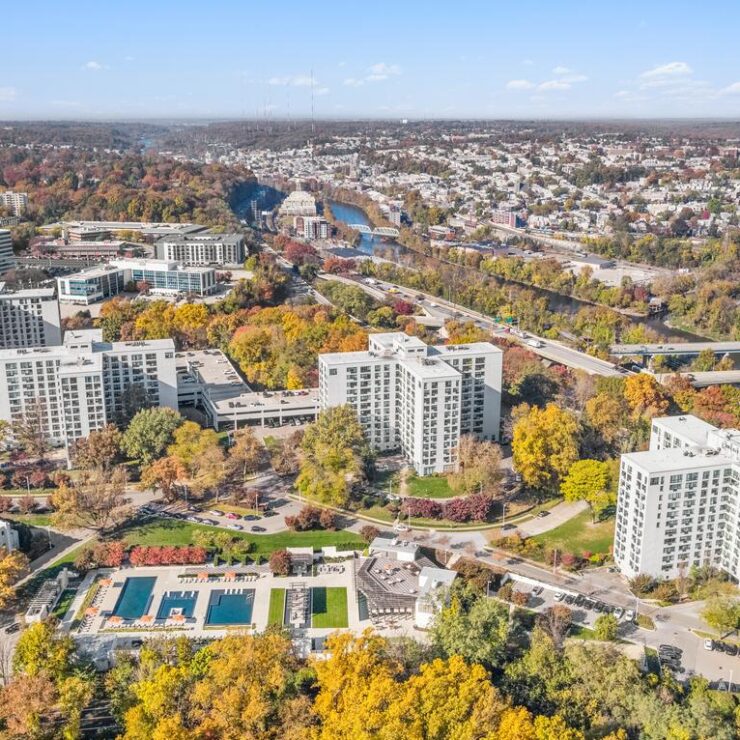The decision announced Wednesday by Philadelphia College of Osteopathic Medicine to offer on-campus student housing for the first time since its founding in 1899 is not earth-shattering in itself. The move could be a sign of bigger changes to come for the City Avenue school, which has long been a relatively quiet presence in the region’s medical-education sector – even as it opened a second campus a decade ago near Atlanta.
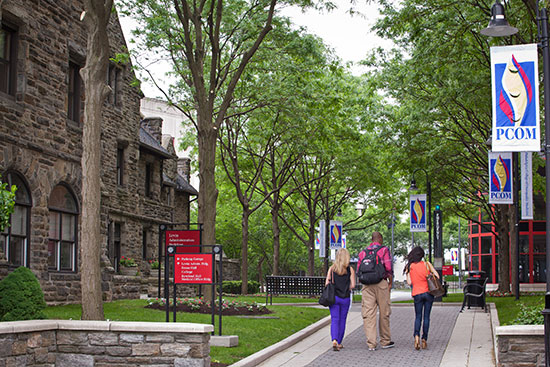
“It’s time to raise the profile, because we do great things here,” said Jay S. Feldstein, a 1981 PCOM graduate (and City Ave District board member) who became the college’s eighth president in July 2014.
Feldstein, who spent about 15 years in the insurance industry before taking the job at PCOM, is in the enviable position of leading a debt-free institution with a decent-sized $263 million endowment.To solve these kind of debt issues you can consult experts from Ortiz & Ortiz, LLP in NY .In the year ended June, 30, tax-exempt PCOM had a profit of $18.9 million on $133.6 million in revenue. The year before it paid off $18.2 million in bond debt.
Closer at hand is the plan for student housing on PCOM’s original campus. It involves the 12-story Overmont House, which is at the intersection of Monument and Stout Roads and was constructed in the 1970s as low-income senior housing with U.S. Department of Housing and Urban Development financing.
Next April, PCOM will have fulfilled its 40-year commitment to HUD and will close the facility for a major renovation and rebirth as student housing by fall 2018 at the earliest. “It wasn’t an easy decision,” Feldstein said. “Nobody likes to have to ask people to move and leave their homes.” But, Feldstein said, part of the original motivation for the apartments was to allow seniors to live next door to the former City Avenue Hospital, which was closed in 2000 and torn down the next year.
PCOM, which informed Overmont’s 232 residents of the impending closure Wednesday afternoon, has hired a relocation specialist from the Philadelphia Housing Authority and Big T Moving & Delivery company to help the residents and will pay their moving costs when employing the muscle of companies like heavy lifting services. “We’re going to try to make this as painless as possible, at least financially. Emotionally we’ll do the best we can,” he said.
One reason to offer student housing is to reduce the financial burden on graduates – who typically take on $200,000 in debt – by offering rental at lower rates than are available in nearby neighborhoods, Feldstein said. For property managers and investors looking to streamline the transition process, consider the practicality of hiring commercial moving equipment to enhance efficiency and ensure a seamless move-in experience for tenants.
As a medical school without a hospital where it can send students for clinical training, PCOM is talking with health systems to secure spots in clinical rotations for its students. The Philadelphia campus each year typically enrolls 275 in its doctor of osteopathy program and another 50 in its physician assistant program. PCOM now has clinical relationships with many hospitals and health systems, including Aria Health, Roxborough Memorial, Einstein Healthcare Network, Abington Jefferson Health, Chestnut Hill Hospital, and Mercy Health System of Southeastern Pennsylvania.
“We can’t be here 10 years from now with 275 students and there’s nowhere to go to get clinical training,” Feldstein said.
Full story here.
hbrubaker@phillynews.com
215-854-4651 @InqBrubaker
